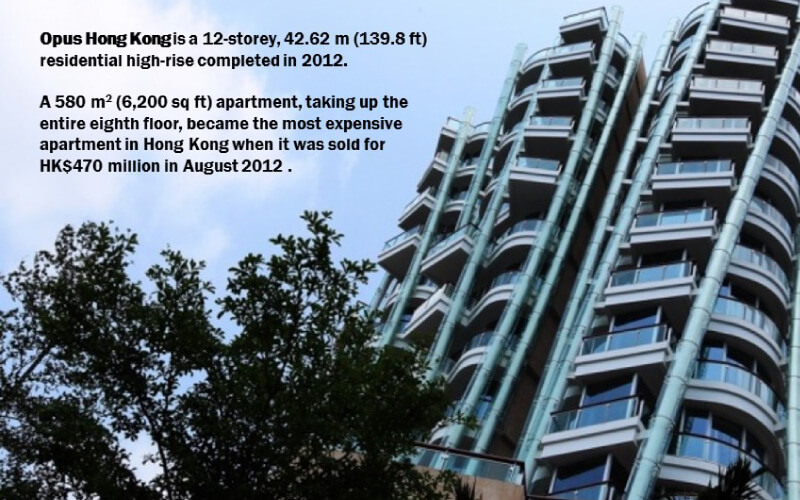Here Are the Top Ten:
Empathy in problem-solving
Learning to consider solutions that will benefit private companies, government stakeholders and concerned public-interest groups, by seeking to put themselves “in the shoes of others” and going far beyond their familiar experiences and points of reference.
Understanding externalities
Analysing and identifying costs which have been externalised from business activities and instead borne by society; Framing new approaches to internalising such costs and anticipating how business models must adapt to stay relevant within changing societal conditions; Embracing and seeking to apply such thinking within their own companies and organisations.
Unpacking conventional wisdom
Developing an ability and willingness to take a bold approach that will challenge existing biases and frameworks. This requires for example a critical consideration of what a desirable standard of living should be in a modern urban environment within the current constraints (population, space, costs, etc). Is Hong Kong's trend toward "micro-flats" desirable or acceptable? (Article: What is is like to live in a flat smaller than a standard parking space, and pay US$500,000 for it?)
Communicating across backgrounds
Listening, being open and asking the right questions when amongst key stakeholders, including policymakers and community members, many of whom come from very different circumstances and are faced with very different constraints.
Boldness in thinking & acting
Cultivating the skills to challenge conventional wisdom, think independently and act with conviction, even in the face of existing or expected resistance; Overcoming tendencies toward passivity and / or negativity and seeking to inspire others to do the same.
Embracing a broad view of society
Understanding marginalised populations who have not benefitted from the economic growth they witness all around them (think of the 200,000 Hong Kongers living in “caged homes” for example). Gaining practical experience in seeking to understand and formulate solutions that will meet the needs of less fortunate members of society thus contributing to greater social stability and giving greater meaning to work.
Strengthening conceptual thinking
Surveying, analysing and proposing how solutions from other regions can be adapted and applied effectively in the context of a certain market’s particular challenges – in this case, how the housing issue has been addressed in other countries.
Reframing problem-solving
Practicing an ability to move beyond the accepted problem-orientation and thinking afresh about opportunities that have not yet been considered. Challenging oneself and teammates to break down existing frames of reference as a basis for developing breakthrough ideas; Applying this process for uncovering new business opportunities within their own companies.
Overcoming “Siloed thinking”
Working to drive constructive outcomes by leveraging expertise and insights from different fields and functional backgrounds. Learning to leverage the best skills of team members and decoupling from their typical or familiar roles and responsibilities.
Embodying Purposeful Leadership
Becoming empowered to challenge the status quo and take a stand based on what one determines to be the critical needs in a situation rather than simply defaulting to the way things are. Assigning personal meaning to the idea of “leadership” and gaining clarity on direction, before expecting others to follow.





























